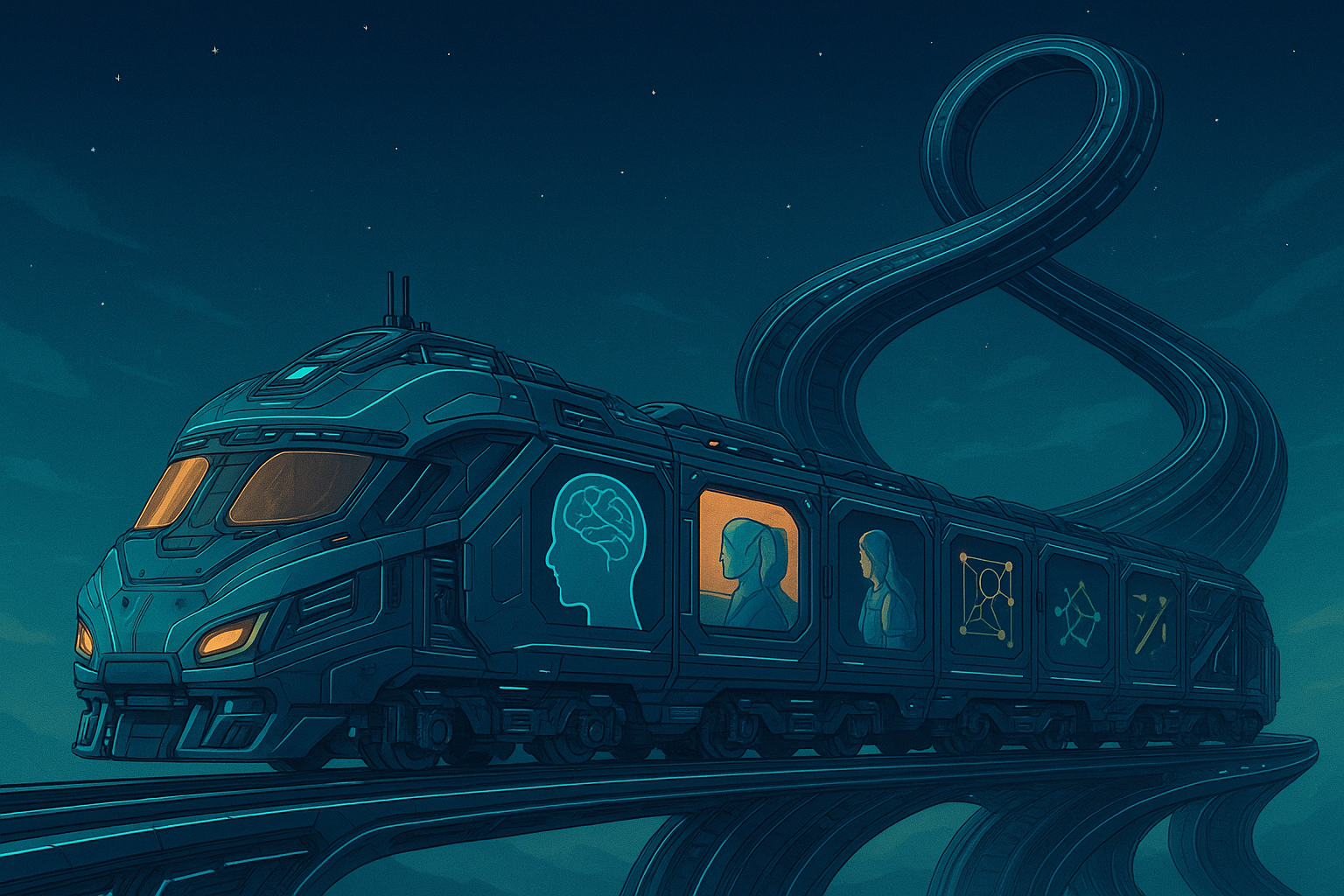
Introduction
The marketing landscape is undergoing a tectonic shift as artificial intelligence (AI) transforms every facet of customer engagement, creative production, and strategic execution. Today, AI-powered tools are not merely supplementary - they are essential for brands that want to lead, not follow. But success requires more than automation - it demands strategic orchestration, ethical stewardship, and creative integration.
1. Automate the Routine, Empower the Creative
- Task automation: AI is increasingly handling repetitive marketing tasks - from drafting copy to optimizing content and managing FAQs - freeing human teams to dive deeper into strategic and creative work. Over half of marketing teams now use AI for content optimization.
- AI orchestration: Leading media companies are implementing AI systems that coordinate across workflows - automating highlight reel generation, emotion tagging, voice cloning, and localized graphics. The greatest leverage comes from orchestrating AI across the entire content lifecycle.
2. Hyper-Personalization: Your Competitive Edge
- Personalization engines: By analyzing consumer behavior and data, AI enables brands to deliver tailored content, offers, and experiences that significantly impact conversion and retention.
- Dynamic, real-time personalization: AI is now delivering hyper-personalized experiences that evolve as the customer interacts - giving brands a powerful edge.
3. Reinventing Search: The Age of AEO and AI Search
- Answer Engine Optimization (AEO): As AI-powered platforms like Google's AI Overviews and ChatGPT replace traditional search engines, brands must adapt. AEO focuses on delivering conversational, structured content optimized for direct answers - far beyond keyword rankings.
- Hybrid SEO strategies: Smart brands now combine traditional SEO with AEO and Generative Engine Optimization (GEO) to maintain visibility across evolving search paradigms.
4. AI Creativity with Human Authenticity
- AI-powered creativity: From virtual influencer avatars to AI-generated slogans and campaigns, the creative landscape is being reshaped. Major agencies like WPP are already empowering half their workforce with proprietary AI tools that enable scalable creative ideation.
- Authenticity matters: AI avatars offer consistency and cost advantages, but human influencers retain emotional resonance and trust - critical for audience connection.
- Real-world impact: A family-owned tamale shop in Los Angeles went viral with an AI-assisted meme-style video created in minutes, driving engagement and foot traffic on a shoestring budget.
- Hybrid content models: In China, AI "virtual human" salespeople are outperforming human livestreamers, delivering around-the-clock performance that boosts sales.
5. Strategic AI Governance and Organizational Change
- Executive investment: At Cannes Lions 2025, 71% of CMOs said they plan to invest over $10 million annually in AI-driven marketing, though ROI is still maturing.
- Structural readiness: Organizations are redesigning workflows, establishing governance, and elevating senior leadership to make AI-driven strategies operational and value-generating.
- Ethics and training: Playbooks, tone-of-voice consistency, prompt libraries, and staff training are all critical to guide strategic AI use.
Conclusion
Marketing in the AI era presents radical opportunity - and risk. To thrive, brands must pair technological ambition with strategic intent, trust-building transparency, and creative human instincts. When orchestrated well, AI becomes more than a tool - it becomes the engine of innovation, efficiency, and meaningful customer connection. Neuroware is positioning itself to help individuals and businesses take advantage of this revolution to stay ahead - not just with tech, but with vision.